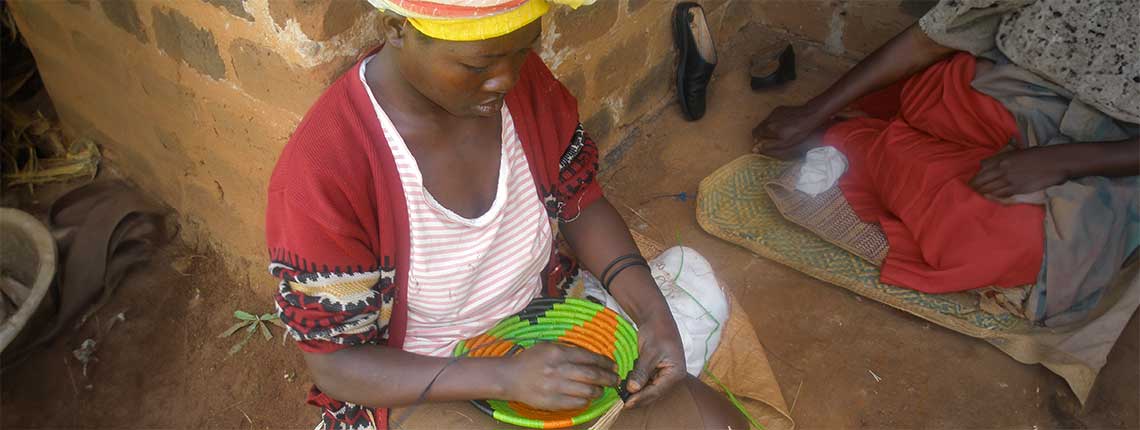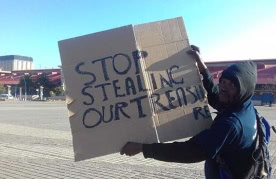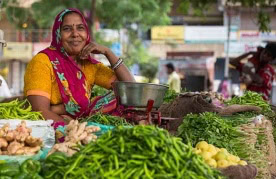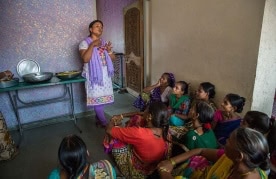By
Edwin Bett, WIEGO
African home-based workers are at the bottom of craft supply chains. Through an increased understanding of those supply chains they could overcome some of the challenges they are facing and improve their livelihoods.
Recent Posts
By
Carlin Carr
On July 13, hundreds of Johannesburg’s informal waste pickers (known locally as “reclaimers”) — men and women who have been collecting, separating, and selling the city’s reusable discards for generations — took to the streets to protest a municipal decision that could put them out of work essentially overnight.
Half the world’s population live in cities, and urban informal workers make important economic, social, and environmental contributions to city life. Rhonda Douglas from WIEGO argues that the New Urban Agenda must include all urban stakeholders, including the working poor, to ensure it doesn’t leave anyone behind.
By
In India, the government has put in place well-meaning social security schemes, as well as health and nutrition programmes to combat malnutrition and increase health and well being in India. For the poor, these basic-needs schemes are especially important, but often unknown to them. SEWA's model worker empowerment centers address the challenges of delivery promising social-benefits schemes to those who need them most.
By
Lucia Fernandez






